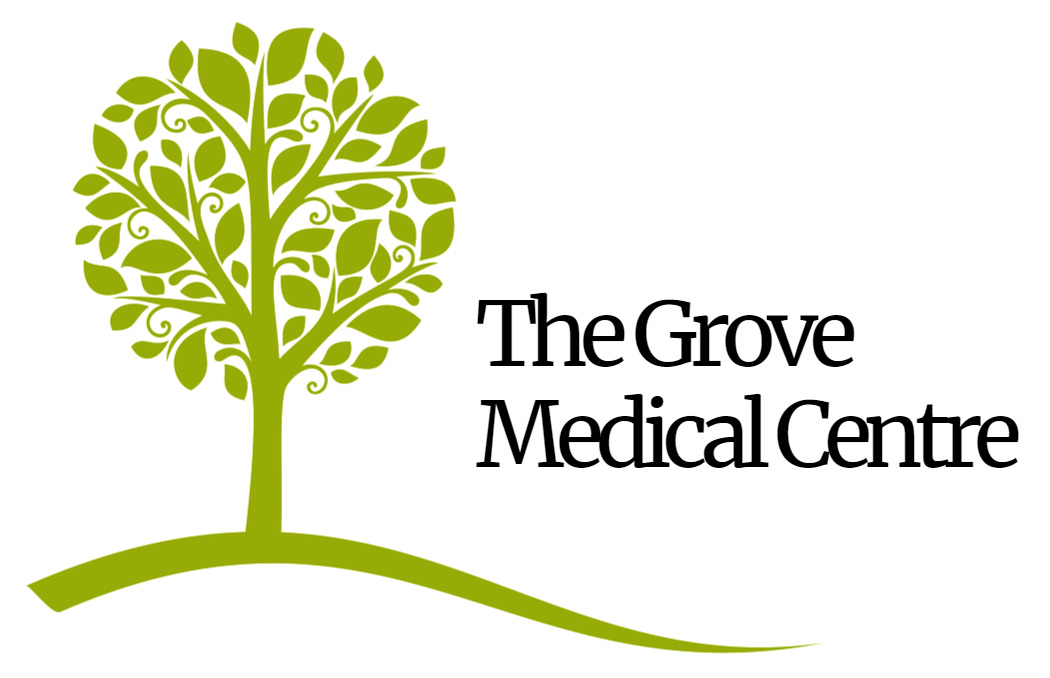Opening Times | Online Services | Contact Us |
CQC Rating Good
Learning Disability Health Checks
People with a learning disability often have poorer physical and mental health than other people. This does not need to be the case. It is important that everyone over the age of 14 who is on the learning disability register has an annual health check.
An annual health check can help you stay well by talking to a doctor or nurse about your health and finding any problems early, so they can be sorted out. You do not have to be ill to have a health check – in fact, most people have their annual health check when they are feeling well.
If you are worried about seeing a doctor, or there is anything we can do to make your appointment better, let your doctor or nurse know. We can make changes to help you. These are called reasonable adjustments.
Who can have an annual health check?
Anyone aged 14 or over who is on the learning disability register can have a free annual health check once a year. You can ask to go on this register if you think you have a learning disability.
You can contact us to ask if you or the person you care for is on the register.
How will an annual health check help?
You will get to know your doctor better. The doctor will also be able to spot any health problems sooner so that you get the treatment you need to stay well.
You can ask your doctor questions about your health and tell them how you are feeling. You can also talk about any treatment you are having or medicine you use.
What happens during the annual health check?
During the health check, your doctor will:
- do a physical check-up, including weight, heart rate and blood pressure
- they may ask you to pee in a small pot for them to check your urine, or ask you to have a blood test
- talk to you about staying well and if you need any help with this
- ask about things that can be more common if you have a learning disability, such as epilepsy, constipation or problems with swallowing (dysphagia), or with your eyesight or hearing
- talk to you about your medicines to make sure you are being given the right medicines when you need them
- check to see if your vaccinations are up to date
- check how you are feeling if you have a health problem such as asthma or diabetes
- check to see if you have any other health appointments
- ask if your family or carers are getting the support they need
- help make sure that things go well when children move to adult services at the age of 18
Sometimes people with a learning disability or autism are given medicines they may not need.
You will be asked if you are OK (give your consent) with sharing your health information with other health services to make sure you get the right support if you go to a hospital, for example.
Your parents or your main carer may be able to do this for you if you are not able to.
The doctor can give you health information, such as advice on healthy eating, exercise, contraception or stopping smoking.
Making reasonable adjustments for you
The NHS has to make it as easy for disabled people to use health services as it is for people who are not disabled. This is called making reasonable adjustments.
Ask your doctor if you need any reasonable adjustments, such as:
- using pictures, large print or simpler words to say what's happening
- booking longer appointments or having a carer with you
- putting an appointment at the beginning or end of the day, if you find it hard to be in a busy waiting room
The reasonable adjustments you need should be written down in a health profile or health action plan that the doctor or nurse can use.
Please see our reasonable adjustments page for more information:
Engaging younger people to get their annual health check
We would like to encourage all age groups to have their health check, NHS Dorset are running a campaign to engage more 14-25s with learning disabilities to get their annual health check and have co-created this short film with young people who have learning disabilities:
If you, or someone you care for, haven't been invited for a health check and you think you or they are eligible, please contact us to make sure we have you on the learning disability register. You can also
We use cookies to help provide you with the best possible online experience.
By using this site, you agree that we may store and access cookies on your device. Cookie policy.
Cookie settings.
Functional Cookies
Functional Cookies are enabled by default at all times so that we can save your preferences for cookie settings and ensure site works and delivers best experience.
3rd Party Cookies
This website uses Google Analytics to collect anonymous information such as the number of visitors to the site, and the most popular pages.
Keeping this cookie enabled helps us to improve our website.
